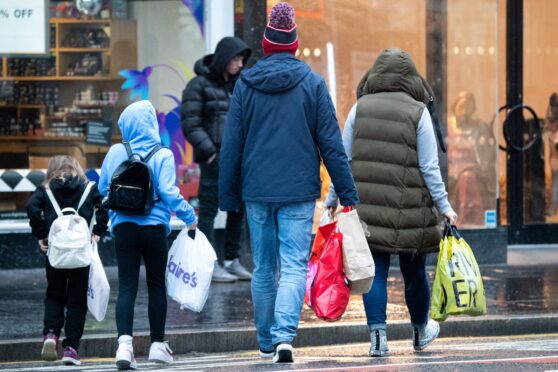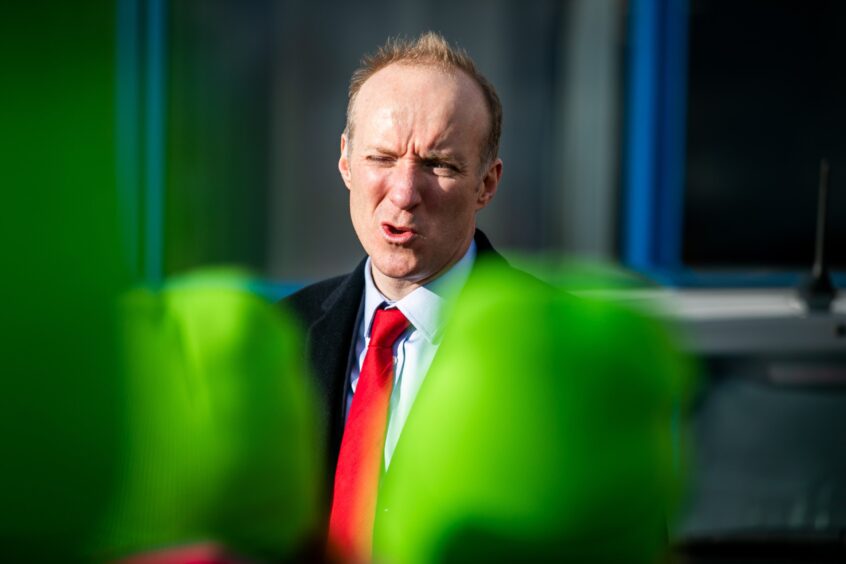Workers in Aberdeen could have been more than £45,000 a year better off if income growth had followed 2010 trends.
Research by the Centre for Cities found Scots could have been tens of thousands of pounds a year better off if income growth had continued at the same pace as between 1998 and 2010.
Across Scotland people are on average £23,370 worse off, according to the think thank, more than double the average loss of £10,200 in England.
But the situation is worse in Aberdeen, where it said people could have been £45,240 a year better off but for stagnating income growth – equivalent to two years extra income.
The Centre for Cities Outlook 2024 report says that, pre-2010, Aberdeen was one of the most prosperous cities in the UK.
This shows both the upsides and the downsides of being dependent on a particular industry.
Centre of Cities
Residents enjoyed the sixth highest levels of disposable incomes, but has experienced a difficult period since then.
The report says: “This shows both the upsides and the downsides of being dependent on a particular industry.
“Around 30% of jobs in Aberdeen’s export base – the part of the economy
that trades with other areas of the UK and the world – are directly related to oil
and gas.
“And unlike the 2000s, this sector struggled in the 2010s. The result is that the city has lost an estimated 9,000 jobs in areas related to oil and gas.”
Aberdeen is one of only two cities in the UK which as seen a net decline in the number of new jobs created since 2010.
The city also has one of the slowest growing population rate, increasing by 1.1% – or just over 2,500 people, since 2010.
Aberdeen’s economic indicators ‘flashing red’
Paul Swinney, director of policy and research at the Centre for Cities, told The Press and Journal: “The last decade has been a tough one for Aberdeen, with a number of economic indicators flashing red.
“It has demonstrated how being so reliant on one industry can have both upsides – as it did before 2010 – and downsides, as the struggles of oil and gas in the 2010s very much show.
“Oil and gas will undoubtedly continue to play an important role in the city throughout the rest of the 2020s.
“But these figures underscore just how important it is that the city develops other engines of growth if it is to become less reliant on the fortunes of that sector.”
North East Labour MSP Michael Marra said the city was being failed by two governments.
He said: “Cities in the North East – most notably Aberdeen with these figures – are being held back by the SNP and the Tories, who have built a low-growth, low-wage economy, that has left us with fewer jobs, less money in people’s pockets and weaker public finances.
“We need to get serious, sustained growth back into our local economies and that simply isn’t going to come with more of the same from the Tories and SNP.
“Both of Scotland’s governments are out of ideas and are unfit for office.”


Conversation